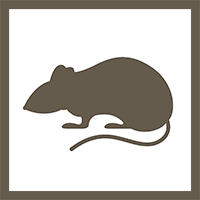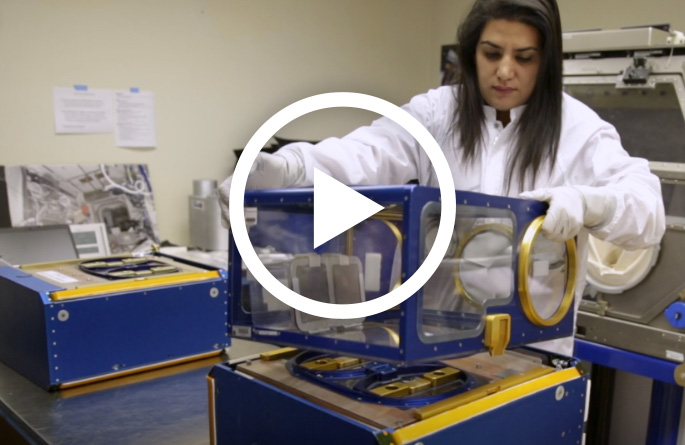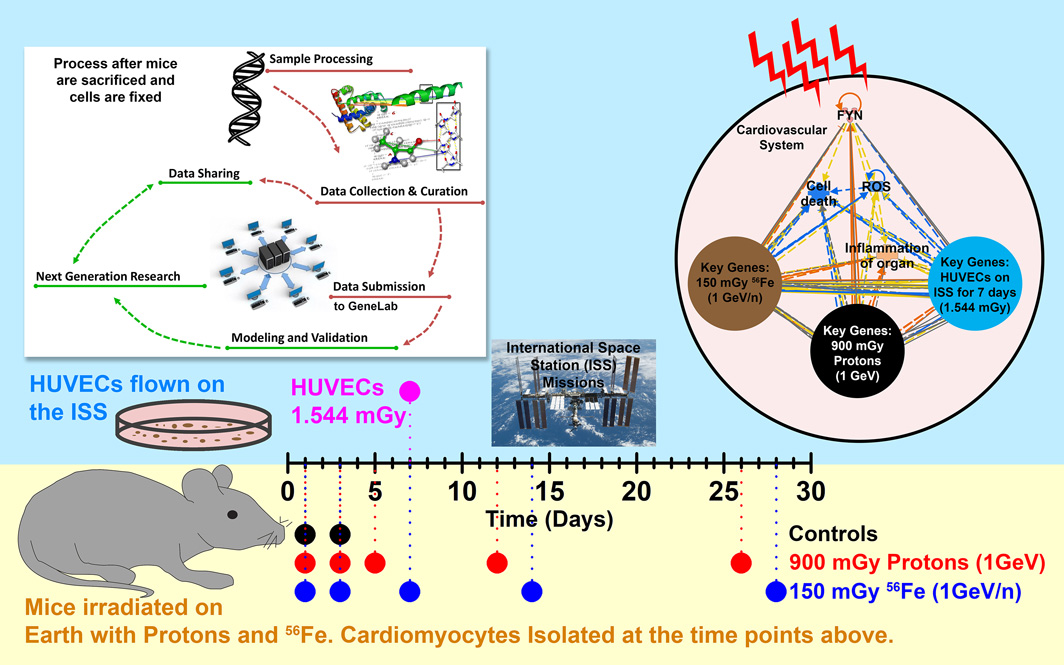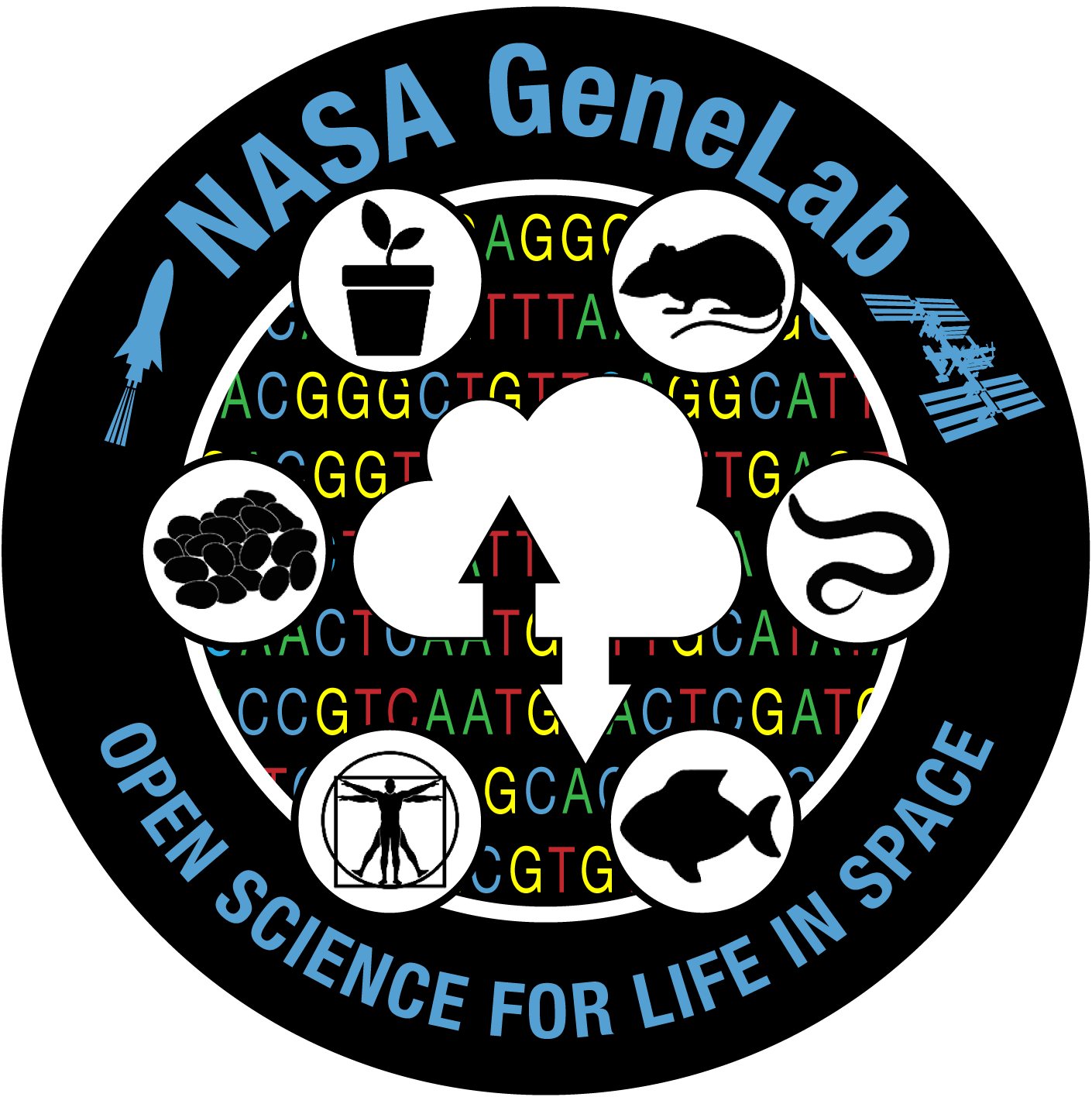New Publications Using GeneLab Data
GeneLab Collaborates with Rodent Research Scientists in JoVE Publication
How rodent research missions are performed in space and how resulting datasets are distributed through GeneLab is the topic of new a manuscript and accompanying video published in The Journal of Visualized Experiments (JoVE). JoVE is a unique journal where methods and protocols are demonstrated both in written and video forms. This publication allows the general scientific community to see how rodent experiments are conducted on ISS, and enables users to start their own omics analysis using NASA’s GeneLab platform.
The manuscript is titled: Exploring the Effects of Spaceflight on Mouse Physiology using the Open Access NASA GeneLab Platform. This work was led by Dr. Afshin Beheshti (KBRwyle/NASA ARC)and includes contributions from Dr. Yasaman Shirazi (NASA ARC), Sungshin Choi (KBRwyle/NASA ARC), Daniel Berrios (USRA/NASA ARC), Samrawit G. Gebre (KBRwyle/NASA ARC), Jonathan M. Galazka (NASA ARC), and Sylvain V. Costes (NASA ARC).(https://www.jove.com/video/58447/exploring-effects-spaceflight-on-mouse-physiology-using-open-access).
GeneLab Datasets Reveal Impact of Space Radiation on Cardiovascular System
In a new manuscript, three GeneLab datasets were used to understand the effects of space radiation on the mammalian cardiovascular system. The study utilized transcriptomic data from two ground-based simulations and one spaceflight experiment to show that space radiation causes down regulation of reactive oxygen species (ROS) related pathways, that astronauts and samples on the ISS are experiencing mostly proton radiation, and that a feedback loop may exist involving the key gene FYN that protects against ROS stress.
The paper, titled GeneLab Database Analyses Suggest Long-Term Impact of Space Radiation on the Cardiovascular System by the Activation of FYN Through Reactive Oxygen Species,was published in the International Journal of Molecular Sciences (IJMS) for the special issue: Adaptation of Living Organisms in Space: From Mammals to Plants (https://www.mdpi.com/1422-0067/20/3/661). The study was led by Dr. Afshin Beheshti (KBRwyle/NASA ARC) and also included Drs. Sylvain Costes (NASA ARC), Jack Miller (Berkeley), Peter Grabham (Columbia University), and J. Tyson McDonald (Hampton University).
New Datasets Added to Repository
Five new datasets are available and ready for download from the GeneLab Data Repository:
Transcriptomics
GLDS-213: A whole-genome microarray study of Arabidopsis thaliana cell cultures exposed to microgravity for 5 days on board of Shenzhou 8
GLDS-208: Comparative gene expression analysis in the Arabidopsis thaliana root apex using RNA-seq and microarray transcriptome profiles (microarray)
GLDS-207: Correlated Gene and Protein Expression in heads from Drosophilareared in microgravity
Proteomics
GLDS-209: Re-Adaption on Earth after Spaceflights Affects the Mouse Liver Proteome
Epigenomics



Sincerely,
The GeneLab Team



